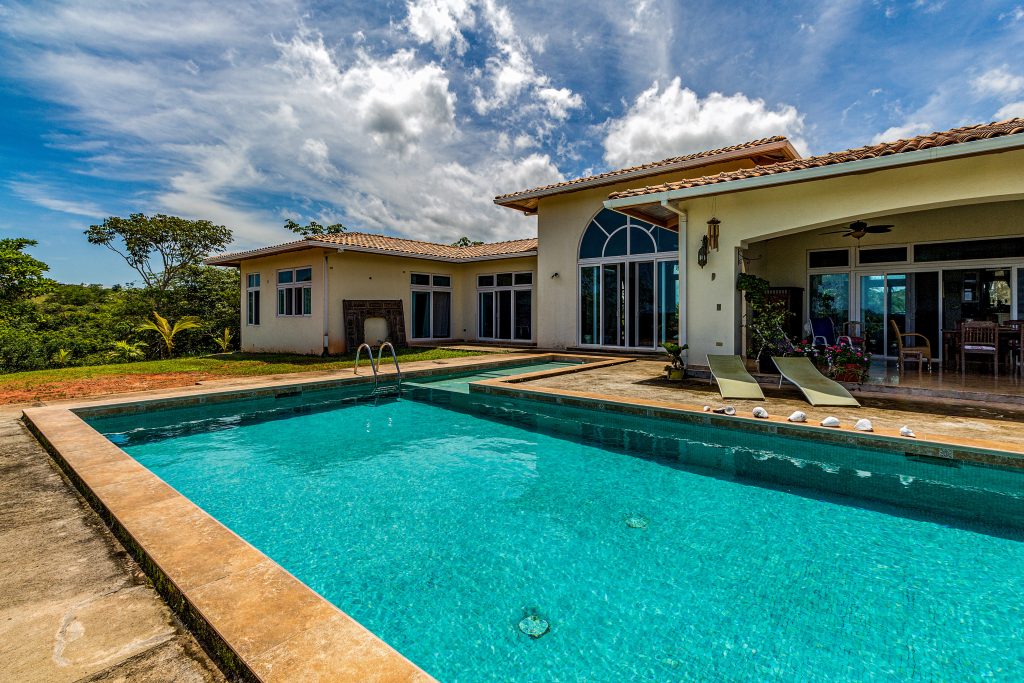
The experience of buying a home during the coronavirus pandemic is much harder than you hoped before the outbreak.
Two main hurdles for homebuyers: mortgage rates are changing rapidly, and now it takes more time to close the deal, as lenders cope with the difficulties associated with social distance.
Fortunately, some lenders provide a solution, extending the deadlines for locking mortgage rates. Thus, you can get a good interest and keep it, even if your lender has been processing your loan longer than usual.
Some lenders offer to extend the term for all mortgages, while others limit the offer to refinanced mortgages.
How do rate lock periods usually work?
In addition to coronavirus, mortgage rates fluctuate day by day. From the time you received permission to loan, you can request a rate lock – so if the rate increases before you close the house, you still pay the rate previously agreed with your lender.
Lock rates are discretionary, and they carry a risk. You may lose at the best rate if you block it before lowering rates.
However, blocking bets can help you ensure a good bet until you raise bids, which can save you thousands over the life of your loan. Blocking at a competitive rate is usually considered a good move.
Each lender handles a rate lock differently. Some allow you to freeze your bet for free, while others charge a fee. Your lender may offer a 30 or 60-day rate lock, or this may allow longer lock periods.
Your lender may extend your rate lock period during the coronavirus pandemic
Some lenders extend borrower rate lock-up periods at no additional cost. At a time when so many people cannot buy or refinance housing, this step can provide you some security.
Not all lenders offer extended periods for blocking rates. Those that provide extensions have different policies.
Picture Credit: Unsplash
